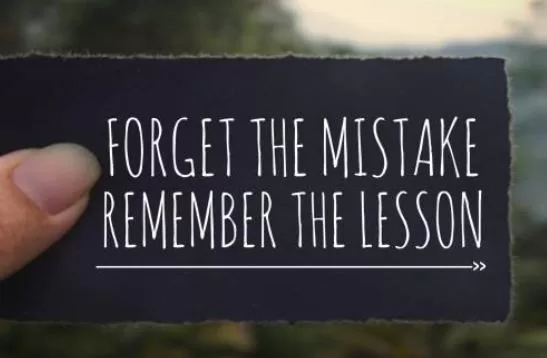How Can I Use Self-Discipline To Improve Myself?
Learn how to use self-discipline with some ways to help you in your self-improvement journey.

Selfpause Affirmation App
Download the app to get 1,000’s of affirmation meditations and everything you need to write, record and listen to your own.
Self-discipline is a key skill for getting ahead in life and growing as a person. It means being able to control your own actions, thoughts, and feelings in order to get what you want. Self-discipline is important for reaching our goals and becoming the best version of ourselves, but it can be hard to learn. In this article, we’ll look at ways that self-discipline can help us get better.
Set clear goals.

Setting goals is the first step in using self-discipline to make yourself better. If you don’t know what you want to accomplish, it can be hard to stay motivated and on task. When you set goals, you should make sure they are clear, measurable, attainable, relevant, and have a deadline (SMART). This will help you keep on track and see how far you’ve come.
Create a plan
Once you know what your goals are, you need to make a plan for how to reach them. A plan will help you break your goals down into smaller steps that are easier to handle. This can make them seem less hard to reach and less scary. When making a plan, it’s important to list the things you’ll need and the steps you’ll have to take to reach your goals.
Develop self-awareness

Self-awareness is a key component of self-discipline. It means knowing how your thoughts, feelings, and actions affect your ability to reach your goals. By becoming more self-aware, you can figure out what makes you put things off or lose focus and come up with ways to deal with them.
Build good habits
We get into habits by doing the same things over and over again. We can make self-discipline easier and last longer by making good habits. Some good habits are getting enough sleep, working out regularly, and being aware of the present moment. By incorporating these habits into our daily routine, we can make self-discipline a natural part of our lives.
Be in charge of yourself.

Self-discipline is a big part of being able to control yourself. It means being able to resist temptation and wait to feel good. Self-control can be hard, but we need it if we want to reach our goals. To get better at self-control, it can help to figure out what makes you want to act on your impulses, like social media or junk food, and come up with ways to stop yourself.
Don’t give up.
Self-discipline requires that you keep yourself motivated. When working toward a long-term goal, it can be easy to lose focus or get down on yourself. Breaking your goal down into smaller, more manageable steps can help you stay motivated. Celebrate your progress along the way and remind yourself why you started. Seeing what you want to achieve can also keep you motivated and on track.
Use your time wisely.

Managing your time is an important part of being self-disciplined. It means being deliberate about how you spend your time and making sure that the things that are most important to you are at the top of your list. Making a schedule or list of things to do can help you plan your time better. This can help you stay on top of things and use your time well.
Embrace discomfort
Having self-discipline usually means doing things that are hard or uncomfortable. It’s easy to avoid these things, but if we do, we won’t be able to reach our goals. Instead, it’s important to be okay with being uncomfortable and push ourselves to leave our comfort zones. We can get stronger and learn new skills and abilities by doing this.
Learn from your mistakes

Failure is a normal part of getting better at something. It can be discouraging, but it is important to remember that failure is not the end of the road. Instead, it is a chance to grow and learn. By accepting failure and using it as a chance to learn, we can become more self-disciplined and stronger. Take the time to think about what went wrong and what you can do differently next time when you fail. Use this information to adjust your plan and move forward.
Ask for help
Lastly, when working on self-discipline, it’s important to get help. Trying to make big changes on our own can be hard, but having a support system can make all the difference. This can be done with the help of friends, family, or a coach or therapist. Having someone to hold us accountable, provide encouragement, and offer guidance can help us to stay on track and achieve our goals.
In conclusion, self-discipline is an important skill for success and personal growth. We can use self-discipline to improve ourselves and reach our goals by setting clear goals, making a plan, becoming more self-aware, building good habits, practicing self-control, staying motivated, managing our time, welcoming discomfort, learning from mistakes, and asking for help. Even though it can be hard to be self-disciplined, the benefits are well worth the effort. We can be the best versions of ourselves and reach our full potential if we learn to be self-disciplined.
